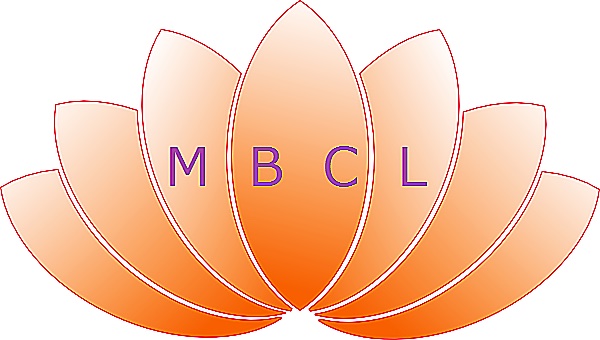
Research on MBCL
Studies on MBCL onfirm its impact on mindfulness, self-compassion, and mental health improvements. Read more about the beneficial effects of MBCL.
Evidence of efficiacy of MBCL
There has been a lot of research into the beneficial effects of mindfulness and self-compassion in general. Also specific (self-) compassion training programmes are increasingly studied.
The MBCL programme itself has shown beneficial effects in a growing number of studies – inside and outside the mental health services, on location and online, in controlled and uncontrolled, quantitative and qualitative research.
There are currently three published randomised controlled trials (RCTs) on the effectiveness of MBCL training. RCT´s are considered the ‘gold standard’ for unequivocal proof of a programme’s effectiveness.
The studies investigated…
- the effect of MBCL after an MBCT (Mindfulness-Based Cognitive Therapy) course in people with recurrent depression. (Radboud University, Nijmegen, the Netherlands, 2020)
- a short online intervention with MBCL exercises in students with high levels of self-criticism. (University of Bratislava, Slovakia, 2020)
- the effectiveness of MBCL compared to standard treatment in people with recurrent depression. (Radboud University, Nijmegen, Netherlands, 2016)
Summary of the evidence of MBCL´s effectiveness
In summary, research up to date confirms that after an MBCL intervention
- mindfulness, self-compassion, quality of life and resilience increase,
- and depression, self-criticism, anxiety, and stress levels decrease.
MBCL Blog

New: International MBCL SiTT Group
We are delighted to announce a new online peer-supervision / intervision group, in collaboration with SiTT for all who have attended a Mindfulness-Based Compassionate Living Teacher Training. SiTT - Support for Integrity in Teaching and Training - is a peer-led...

MBCL-research under the spotlight in Wales, Prague and China 2024
Interest in the effects and mechanisms of MBCL in people with (recurrent) depression seems to have increased significantly internationally. It seems that MBCL, as a continuation of MBCT, can have a clear added value for people with (recurrent) depression. This is...

How to forgive yourself and others – Mindfulness-Based Training in Forgiveness
As human beings, we all sometimes find it difficult to understand and accept things that have gone wrong – either by ourselves or by others. We may then dwell in blaming, resentment or bitterness, and we usually do not become happier as a result. The meaning and value...
